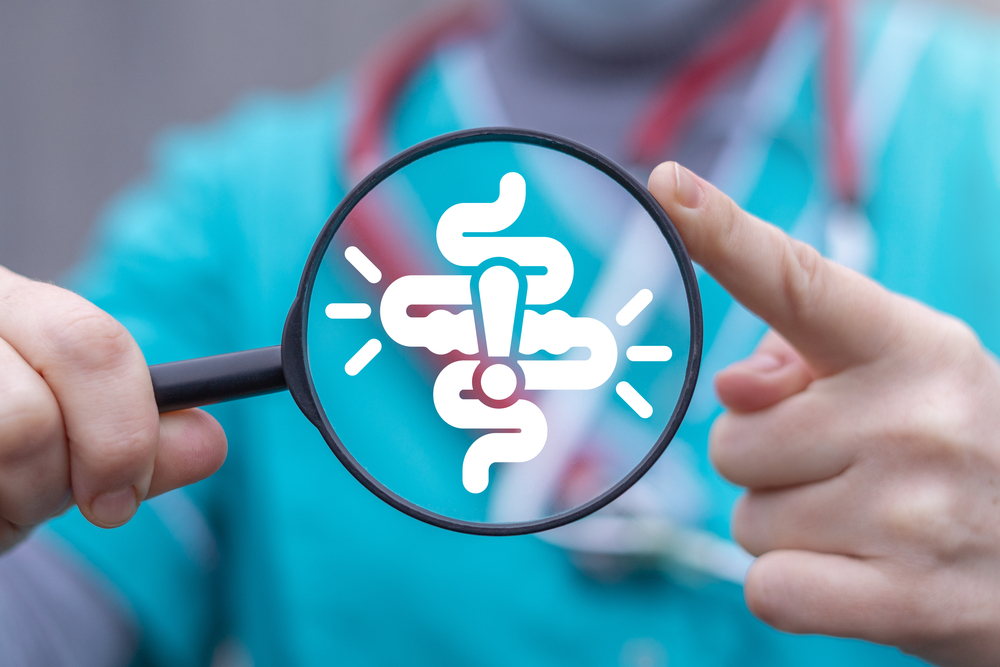Cancer and diarrhea: Discover essential advice for managing chemotherapy-induced diarrhea and digestive issues. Learn effective tips and remedies for cancer patients.
Dealing with cancer is a challenging journey, often compounded by the side effects of treatment. One common and particularly distressing side effect is diarrhea. Understanding the causes, prevention strategies, and remedies for diarrhea during cancer treatment can significantly improve a patient’s quality of life.
How Can Cancer Treatment Cause Diarrhea?
Cancer treatments, especially chemotherapy, can lead to diarrhea. Chemotherapy drugs target rapidly dividing cancer cells but can also affect other rapidly dividing cells in the body, including those in the gastrointestinal (GI) tract. This disruption can result in inflammation, reduced absorption of nutrients, and increased fluid secretion, leading to diarrhea.
Radiation therapy, particularly when targeted at the abdomen, pelvis, or lower back, can also damage the lining of the intestines, contributing to diarrhea. Additionally, certain types of cancer, like those affecting the stomach or pancreas, can directly cause digestive issues.
Chemotherapy and Diarrhea: Tips to Cope
- Hydration is Key: Diarrhea can cause significant fluid loss, leading to dehydration. Cancer patients should drink clear fluids like water, broth, and oral rehydration solutions to replace lost fluids and electrolytes.
- Dietary Adjustments: Eating smaller, more frequent meals can ease digestion. Incorporating bland foods like bananas, rice, applesauce, and toast (the BRAT diet) can help manage symptoms.
- Avoid Trigger Foods: Spicy foods, high-fiber foods, dairy products, caffeine, and alcohol can exacerbate diarrhea. Identifying and avoiding these triggers can mitigate symptoms.
- Medication: Anti-diarrheal medications such as loperamide (Imodium) can be effective. However, it’s essential to consult a healthcare provider before starting any medication.
What Are the Best Remedies for Chemotherapy-Induced Diarrhea?
- Probiotics: These beneficial bacteria can help restore the natural balance of the gut flora, which may be disrupted by chemotherapy. Yogurt with live cultures or probiotic supplements can be beneficial.
- Soluble Fiber: Foods rich in soluble fiber, like oatmeal and peeled apples, can help absorb excess fluid in the intestines and slow down bowel movements.
- Natural Remedies: Ginger and peppermint tea can soothe the digestive tract and reduce symptoms of diarrhea.
- Prescription Medications: In severe cases, doctors may prescribe medications such as octreotide, which can reduce fluid secretion in the intestines.
How Does Chemotherapy Affect the Digestive System?
Chemotherapy drugs target fast-growing cancer cells but can also impact the fast-growing cells lining the digestive tract. This can lead to mucositis (inflammation and ulceration of the mucous membranes), reduced enzyme production, and altered gut motility. These changes disrupt normal digestion and absorption processes, often resulting in diarrhea.
Cancer therapy can lead to various digestive issues beyond diarrhea, including constipation due to pain medications or changes in diet, nausea and vomiting as common side effects of chemotherapy and radiation, and loss of appetite resulting from changes in taste and smell. Managing these issues involves a combination of dietary changes, medications, and supportive care tailored to individual needs. Handling gastrointestinal problems in cancer care requires a multifaceted approach.
Personalized care plans are essential to address the unique treatment and side effect needs of each patient. Multidisciplinary teams involving dietitians, oncologists, gastroenterologists, and nurses ensure comprehensive care. Educating patients about potential side effects and management strategies empowers them to take proactive steps in their care. Additionally, emotional and psychological support from counselors, support groups, and family members is crucial for overall well-being.
Are There Medications to Prevent Diarrhea in Cancer Patients?
There are medications designed to prevent or manage diarrhea in cancer patients. Over-the-counter options like Loperamide (Imodium) work by slowing bowel movements, while prescription medications such as Diphenoxylate and Atropine (Lomotil) decrease bowel activity. For severe cases, Octreotide is often used to reduce the secretion of fluids in the intestines. Anti-inflammatory agents, such as corticosteroids, can help reduce inflammation in the gastrointestinal tract. Additionally, if diarrhea is caused by bacterial infections, antibiotics may be prescribed.
In addition to medications and dietary adjustments, several supportive measures can provide relief:
- Stress Management: Stress can exacerbate GI symptoms. Techniques such as meditation, yoga, and deep breathing exercises can be beneficial.
- Skin Care: Diarrhea can cause skin irritation and breakdown. Using gentle wipes, barrier creams, and ensuring the area is clean and dry can prevent skin issues.
- Regular Medical Advice: Always keep healthcare providers informed about symptoms to adjust treatments promptly.
Conclusion to Cancer and Diarrhea
Diarrhea during cancer treatment is a common but manageable side effect. Through a combination of medical intervention, dietary adjustments, and supportive care, patients can find relief and maintain their quality of life. Open communication with healthcare providers and a proactive approach to symptom management are vital in navigating this challenging aspect of cancer care.




